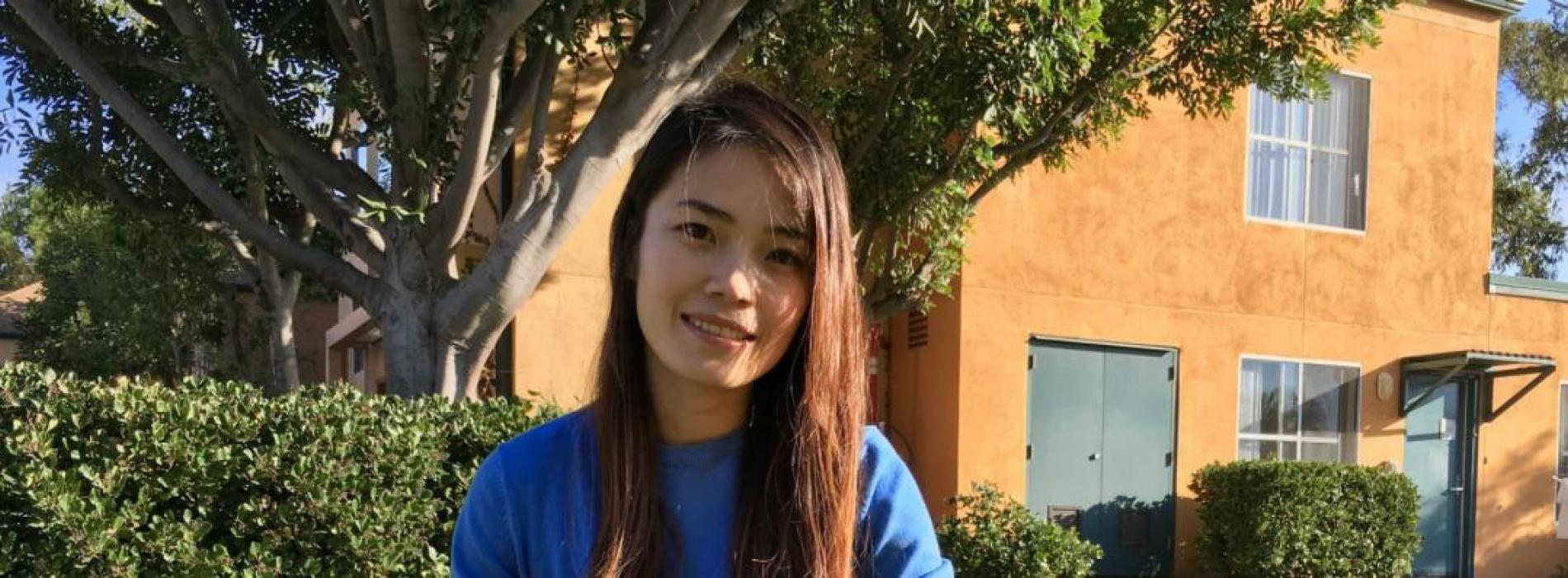
Degree: Ph.D. in Planning, Policy, and Design
Graduated: 2021
What made you decide to pursue a graduate degree?
I have always been interested in doing research in general, and was actually hoping to get a position at a research institutition after I graduated. After I got my Master in Public Policy, I worked as a full-time research assistant at UCLA on projects related to housing segregation. I got to learn and practice many advanced quantitative analytic techniques, and was first exposed to studies and theories related to how housing policies potentially affect social composition. I enjoyed doing the analytic work as well as reading on the different arguments and mixed empirical results related to these research projects. This experience gives me the idea and confidence that I should pursue a path in research.
Why did you choose to come to UCI?
The key factors are the school environment and my advisor. I was mainly debating among three schools, two of them had comparable funding packages and offered campus visits prior to the deadline to indicate the decision. UCI was one of the school that I visited, and I was impressed by the supportive and collaborative environment. The other main reason was my advisor. I had some email exchanges with him before I visited UCI. He understood my concerns and introduced me to a senior PhD student that he thought was able to address some of the questions I had. Through our interactions during campus visit, I could tell he is very active in producing research, familiar with both quantitative and qualitative methods, and very responsive to students’ requests. I got the feeling that he would give me the guidance to do the types of research that I have wanted to do.
If you are conducting research, how would you explain your research and its significance to others?
I would tell my grandparents that I am studying how governments (mainly in the U.S.) regulate land use and housing development, and what are some consequences of these regulations. For example, in some eastern U.S. cities with high housing cost, data have shown that there is still plenty of land. One argument is that government regulations have placed artificial barriers to building and expanding housing supply, and such restrictions not only impact housing and land prices (affordability), but also how urban areas look like (urban form) as well as how people decide to move to different communities.
What are your hobbies/passions outside of research?
My goal is to stay healthy and active. I work out regularly at the UCI gym (which is a very nice one); I play tennis and go hiking every now and then. I plan to picked up one of the music instruments I learned before when I am done with class requirements.
What advice do you have for a new graduate student in your program?
I would say it is important to know your strength and weakness, and strategically develop your plan based on that. Students enter the program with different backgrounds and strengths. Some of them have years of working experience and insights related to specific areas. Some have hands-on research experience and are ready to jump on research that require particular skills. I am more of the latter type, but I lack experience and knowledge in substantive issues. Because of the analytic skills I have, I actively reached out to my advisor for collaboration opportunities, and at the same time, these collaborations have exposed me to readings and theories. If I were the former type, I would probably spend more efforts in figuring the right methods for the questions that I am interested in studying and take more method classes to improve analytic skills.
How do you hope to make a difference?
I hope to have a teaching position in the future and make a difference through this career. I am passionate about teaching topics related to my interest. Meanwhile I hope to play a mentoring role and provide guidance to students that need help in professional and personal development. I would also like to stay contact with several education institutions in China, and provide consultancy for students that wish to pursue educational and professional experience overseas.